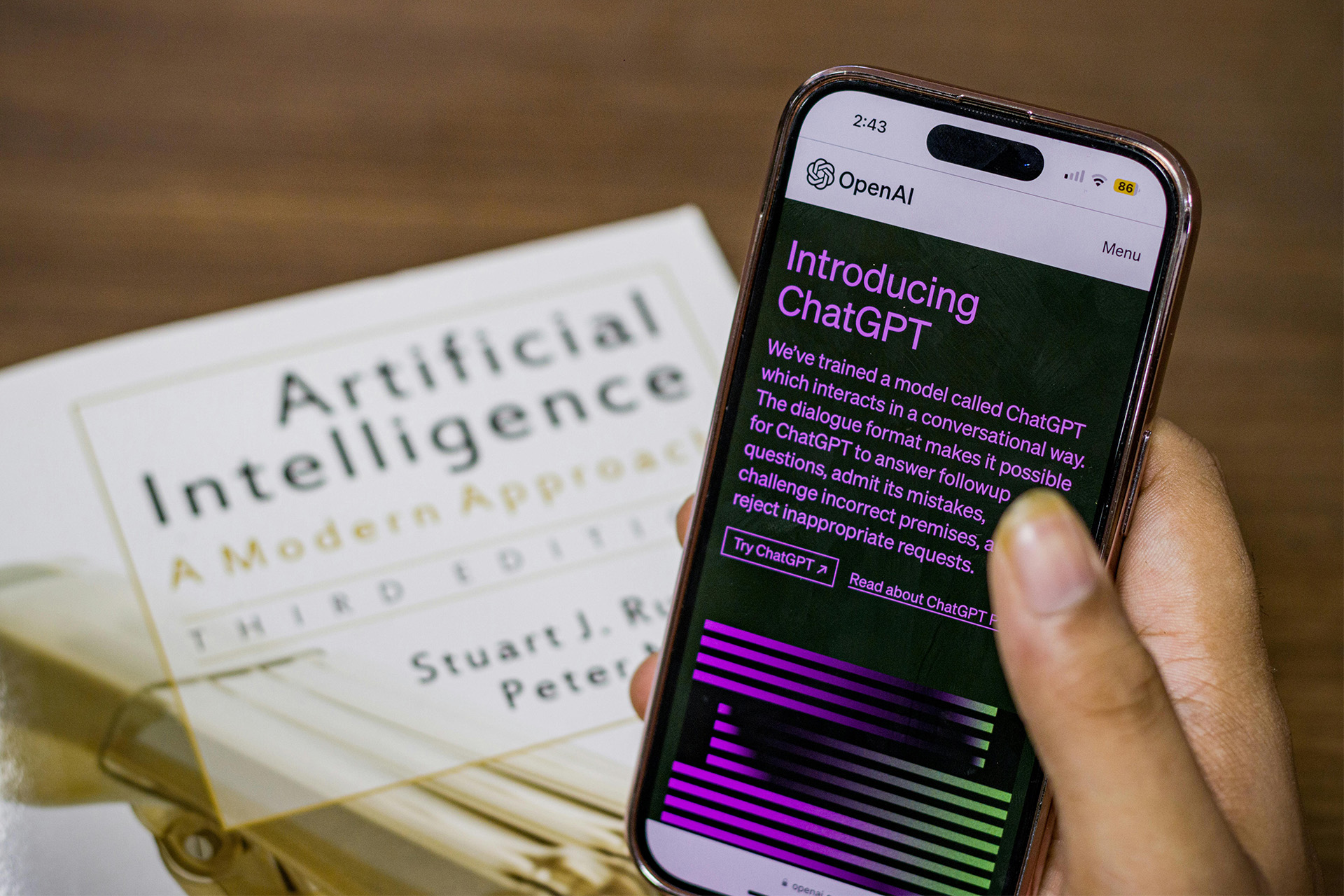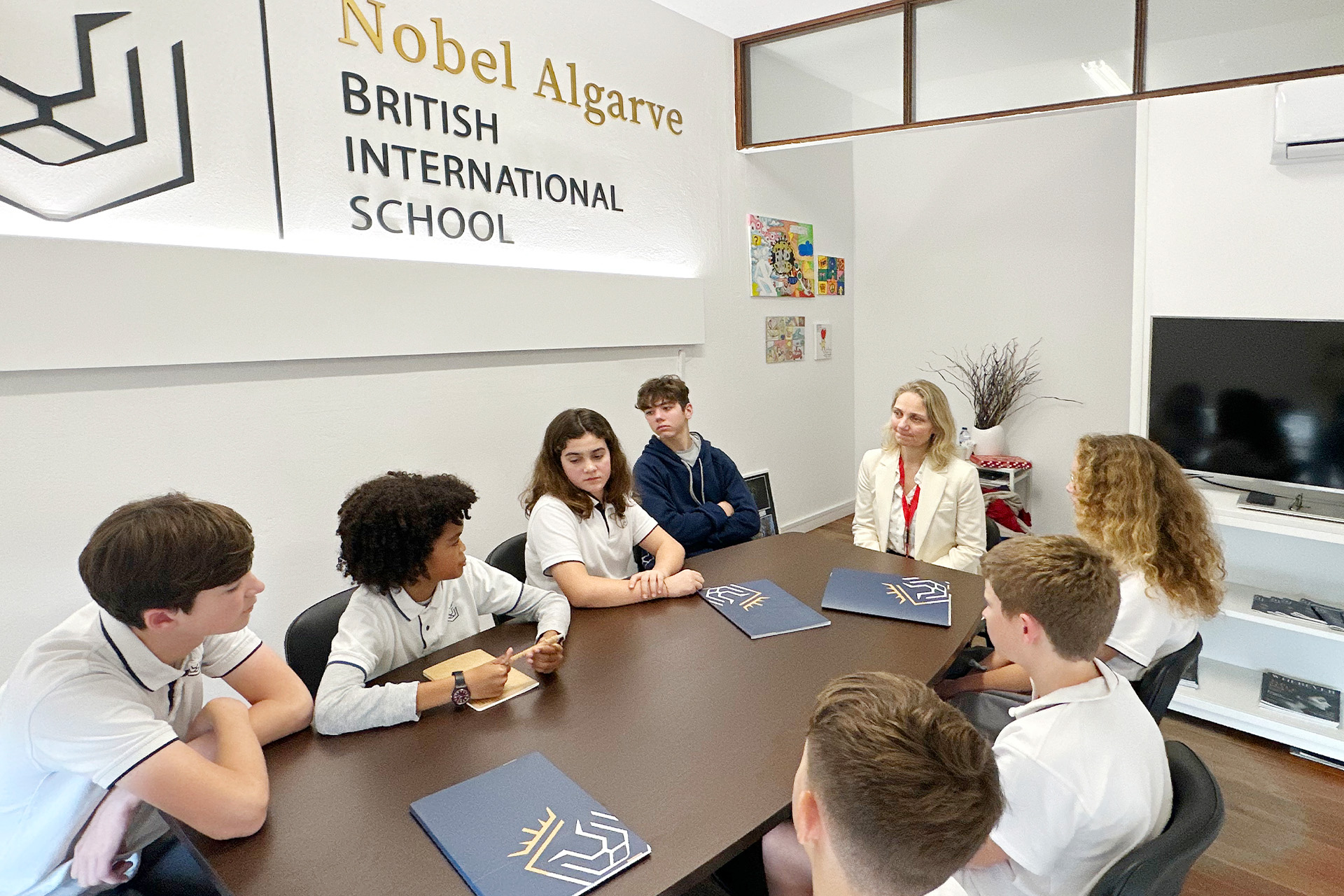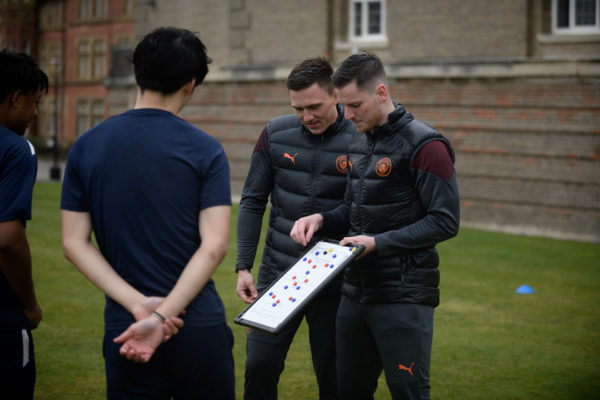Head of AI at Globeducate Discusses The Impact on Schools
By
1 year ago
What does the integration of AI into schools really mean?

Head of Artificial Intelligence at Globeducate, Clara Hawking, discusses how AI will affect the education system.

Clara Hawking
How IS AI Being Used In Education?
As the Head of Artificial Intelligence at Globeducate, I am acutely aware of the transformative power of Artificial Intelligence in our education system. Our mission is to harness this potential responsibly and safely, ensuring it enriches the learning experience for students across the globe while maintaining the essential human touch that underpins effective education.
I have had the unique opportunity to witness the integration of Artificial Intelligence in education firsthand, across our global network of 12 countries, in Europe, North America, Africa and Asia. Last month I visited the schools we have in England: Stonar School near Bath, ICS London, an IB school in central London, and Boundary Oak School in Hampshire. The challenges and opportunities presented by AI in education are universally felt, regardless of location – and young people, teachers and parents raise similar questions across our diverse network of schools.
We have heard concerns about whether AI will replace teachers and remove the human element from teaching, leaving students stuck behind screens all day. This is not my experience, nor is it our goal. Visiting schools has shown me how AI already serves to empower rather than displace. It enables personalised learning, frees up teachers for more meaningful interactions, and enhances the overall educational journey.
At our schools, AI bridges global educational diversity, ensuring every student accesses consistent, high-quality education and fostering an environment of safety, inclusivity, and empowerment. Contrary to fears, AI in our experience enhances pastoral care by providing insights into student wellbeing, allowing for increased individual support.

Artificial Intelligence could change how schools operate (Image: Pexels)
We have a keen focus on safety and ethical considerations, ensuring our use of AI aligns with our Globeducate core values. We are also investing in professional development and equipping our teachers around the world with the generative AI tools and professional skills necessary to guide our students through the digital age thoughtfully.
This year, we are establishing AI Youth Councils across the Globeducate schools. It is our belief that student voices have a critical role in the evolution of education with AI. By actively involving students in discussions about AI’s role and implementation in their learning, we acknowledge their insights as digital natives. This initiative not only promotes engagement and literacy in AI among students but also ensures their participation in a meaningful dialogue about their education’s future. We aim to create a collaborative environment where teacher and students see themselves as learning partners.

Students in deep conversation about the impact of AI on their lives and the scope of an AI Youth Council
With Globeducate schools spread across four continents, we are uniquely positioned to implement AI in a manner that respects the diversity of our student body while addressing the universal challenges faced by educators and learners alike. The change journey is about preparing our students for the future, ensuring they are empowered, informed, and ready to navigate the complexities of an increasingly digital world. As we move forward, our goal is to ensure that AI remains a powerful tool in our educational arsenal, one that complements rather than compromises the invaluable human connection between teacher and student.
Clara Hawking is Head of AI for Globeducate, a leading education group with premium bilingual and international schools, and online programmes, in 12 countries, educating 40,000 students. She is a prominent figure in the field of EdTech and AI and has been a featured panelist and workshop leader at many international conferences as well as being a Fellow in AI Policy Clinic Research Group at the Centre for AI and Digital Policy in Washington DC, USA. Clara´s diverse academic background spans the disciplines of computer science and machine learning, political psychology and philosophy,theology and ethics.






